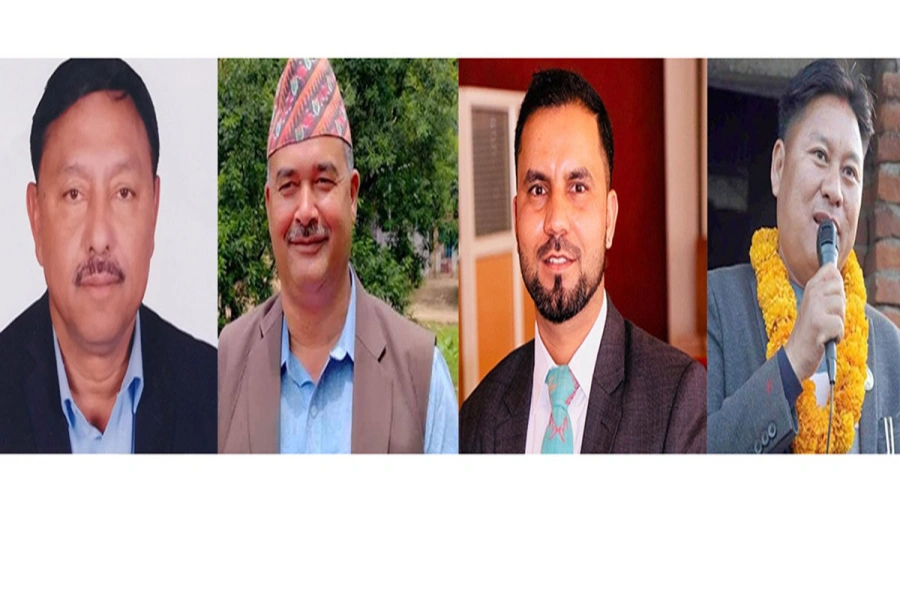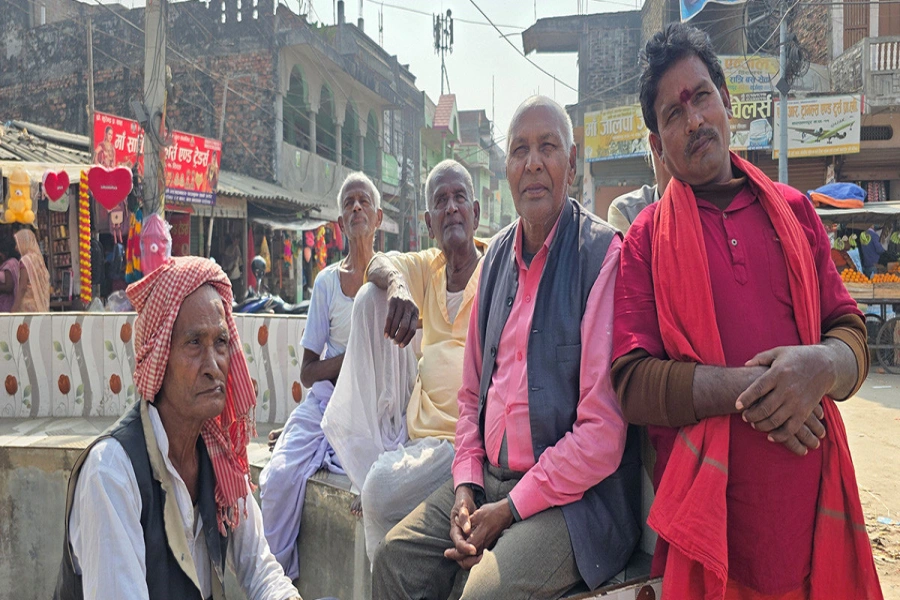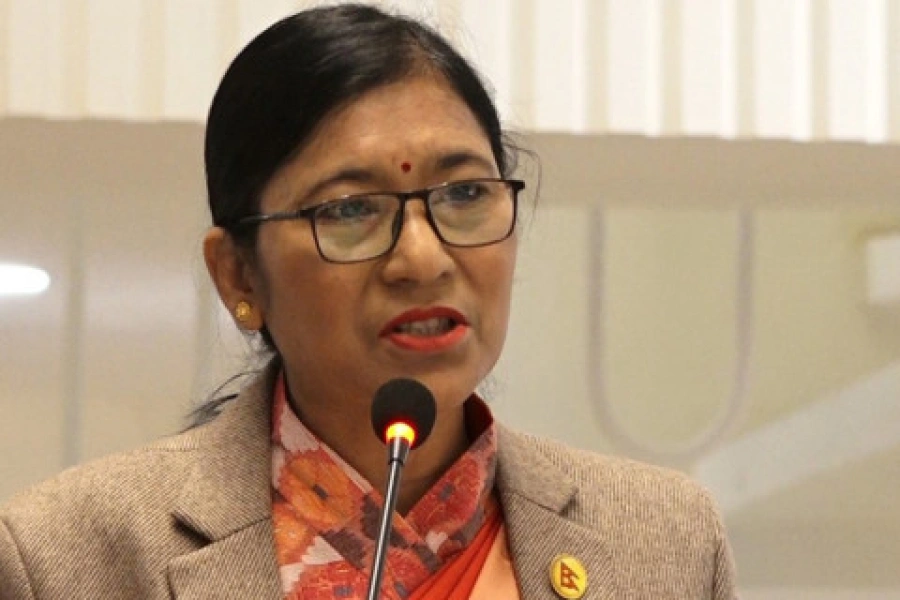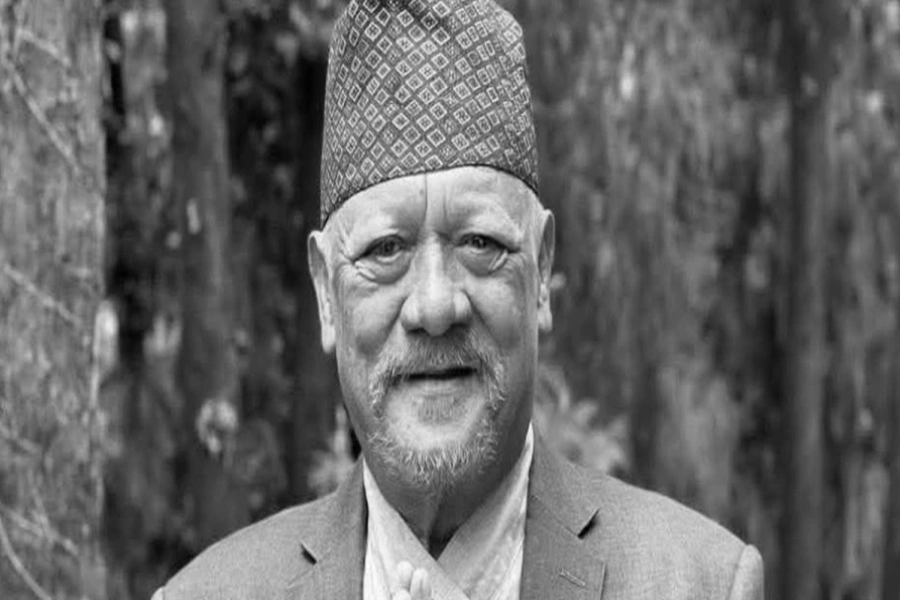KATHMANDU, May 22: The Supreme Court (SC) has taken a strong stance against the Nepal Police for detaining individuals for extended periods without sufficient legal justification. Responding to a habeas corpus writ petition, the apex court ruled that once authorities have collected necessary statements and evidence, there is no valid reason to keep suspects in custody.
The SC found that police have been unlawfully holding individuals who have already cooperated with investigations, provided evidence, responded to court summons, and posed no flight risk. The court criticized the practice of extending custody under the pretext of ongoing investigation.
On Wednesday, the SC ordered the release of Sujit KC, central coordinator of the National Democratic Youth Front and an advocate. KC had been arrested over a social media post, despite police having completed their evidence collection against him. He had filed a habeas corpus petition on May 16, claiming his detention was illegal.
When will the closed trial centers reopen?
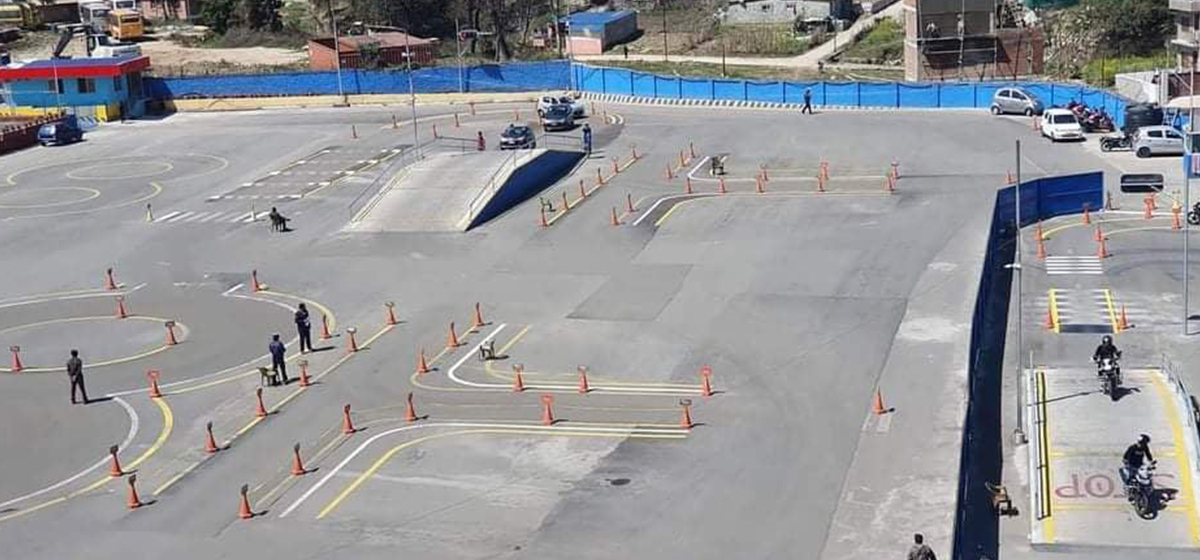
Similarly, the court released Rabindra Mishra, senior vice president of the Rastriya Prajatantra Party (RPP), who had spent 50 days in custody while police delayed filing charges. The SC had initially permitted his custody on April 23, noting at the time that investigators had already collected the necessary evidence.
"Since investigators have completed most of the evidence collection, and no further evidence can be obtained, there is no reason to keep him in custody. Release him immediately. His lawyer shall ensure his presence if required during trial proceedings," the apex court stated in its ruling on his habeas corpus petition.
The SC noted that while police routinely seek court approval to extend custody for investigation purposes, they often continue to detain individuals even after completing the necessary inquiries. This has led many accused to seek relief through habeas corpus petitions.
In KC’s case, the SC acknowledged that while his detention under the Electronic Transactions Act and subsequent custody extensions from the Kathmandu District Court on May 16 and 21 were legally approved, further detention was unnecessary. The court emphasized that even lawful detention should end if the accused is not a flight risk.
"Investigators have recorded the defendant's statement. As he is a lawyer with no risk of fleeing or tampering with evidence, there is no justification for his continued custody. He is to be released on bail under a surety’s responsibility. The investigation may continue in his absence," the SC stated further in its order.





